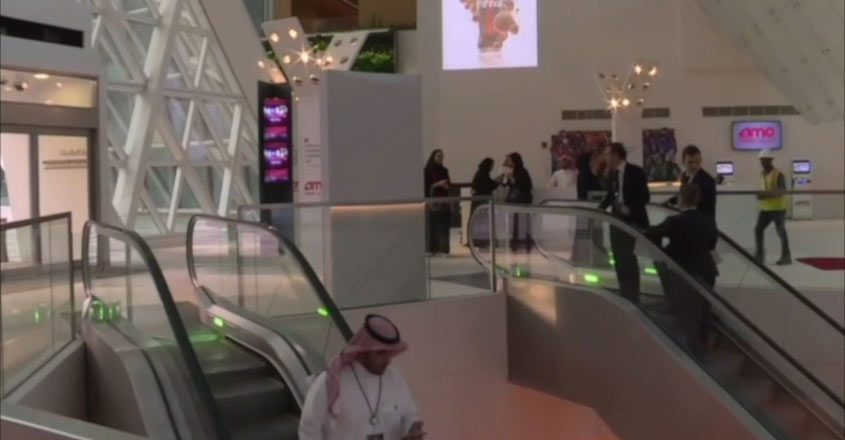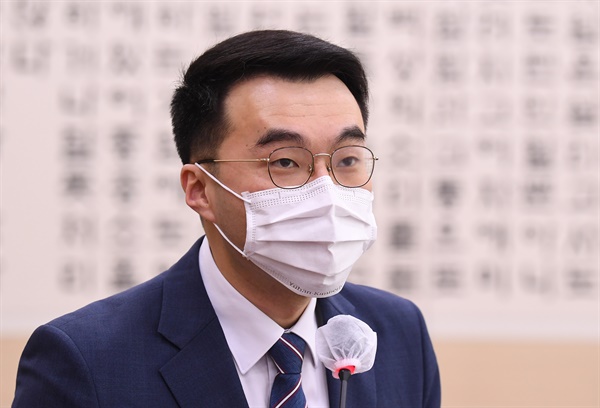Testing, testing, testing: In the new proposal by the Federal Health Minister Jens Spahn (CDU) to provide as many corona rapid tests as possible for everyone – and to pay for the majority, the pharmacies play a not insignificant role. In addition to medical practices and test centers, the rapid antigen tests could be carried out and evaluated in pharmacies, according to the minister’s idea.
The pharmacist Michael Sax, district director of the Bavarian Pharmacists’ Association for Lower Franconia and owner of the Stern-Apotheke in Grombhl, thinks it is fundamentally important to expand the range of tests, “but we don’t really have any official information about how it should look like.” He is surprised, according to Sax, that the press can read about it “before the people who are actually involved find out”.
The involvement of pharmacies depends on various factors
This was similar to what other Wrzburg pharmacists in addition to Sax had learned about the FFP2 masks, and they were also surprised by the sudden release of the masks. According to Sax, the subject of rapid tests will be discussed at the association level next week: “I’m curious to see how the reactions are.” So far he feels pretty much left alone by politics. “We need the equipment to work with the rapid tests comprehensively and effectively.”
In the opinion of Pharmazierat Sax, it depends on various factors whether and how pharmacies can be involved in the rapid tests. Occasionally, this has already been practiced elsewhere since December, but for self-payers. In any case, one must have trained staff, “because what must not happen under any circumstances is that a test is false negative and the customer is then lulled into a false sense of security”.
For many Wrzburg pharmacies, the spatial and personnel requirements are also difficult, since the tests cannot be integrated into ongoing business. “That would not be compatible with distance and hygiene rules,” says Sax. Many pharmacies do not have separate rooms to carry out the tests.
<!–
Containers or tents for quick testing?
This problem also sees pharmacist Wolfang Schiedermair, who runs the bell pharmacy in the city center and the Franconian pharmacy in Frauenland. In Wrzburg there is a homogeneous pharmacy landscape with many, rather smaller, shops. Political decision-makers should keep this in mind: “There are cities that do not have large pharmacies with over 500 square meters”.
Nevertheless, one should think about alternatives, “because I see the tests as our only way to regain a little more normalcy”. He himself is in the starting blocks, has been trained for the tests and has appropriate protective clothing. “What is missing is the separate room with entrance and exit”.
Schiedermair is sounding out “whether, for example, you could put up a tent in the courtyard or make home visits to test it with older customers”. For pharmacist Sax, cooperation with other pharmacies would also be conceivable, “perhaps we could rent a container together and carry out the tests there”. That would also have the advantage that the staff would be more flexible and bottlenecks could be better solved, he says. Merger for the purpose of rapid testing? That would also be conceivable for Schiedermair. “I see the rapid tests as an opportunity for us pharmacists to lend a hand and show what we can do.”
The final political “go” is still missing. As it is said when asked by the city of Wrzburg, neither the city nor the test management of the health department have detailed information about the announcement of Spahn. “We are waiting for the ministry’s specifications,” said press spokesman Georg Wagenbrenner. There are currently free quick test options on the various test tracks in the city and district. And: “We welcome the state assuming the costs for the rapid tests,” Wagenbrenner continued.
–


